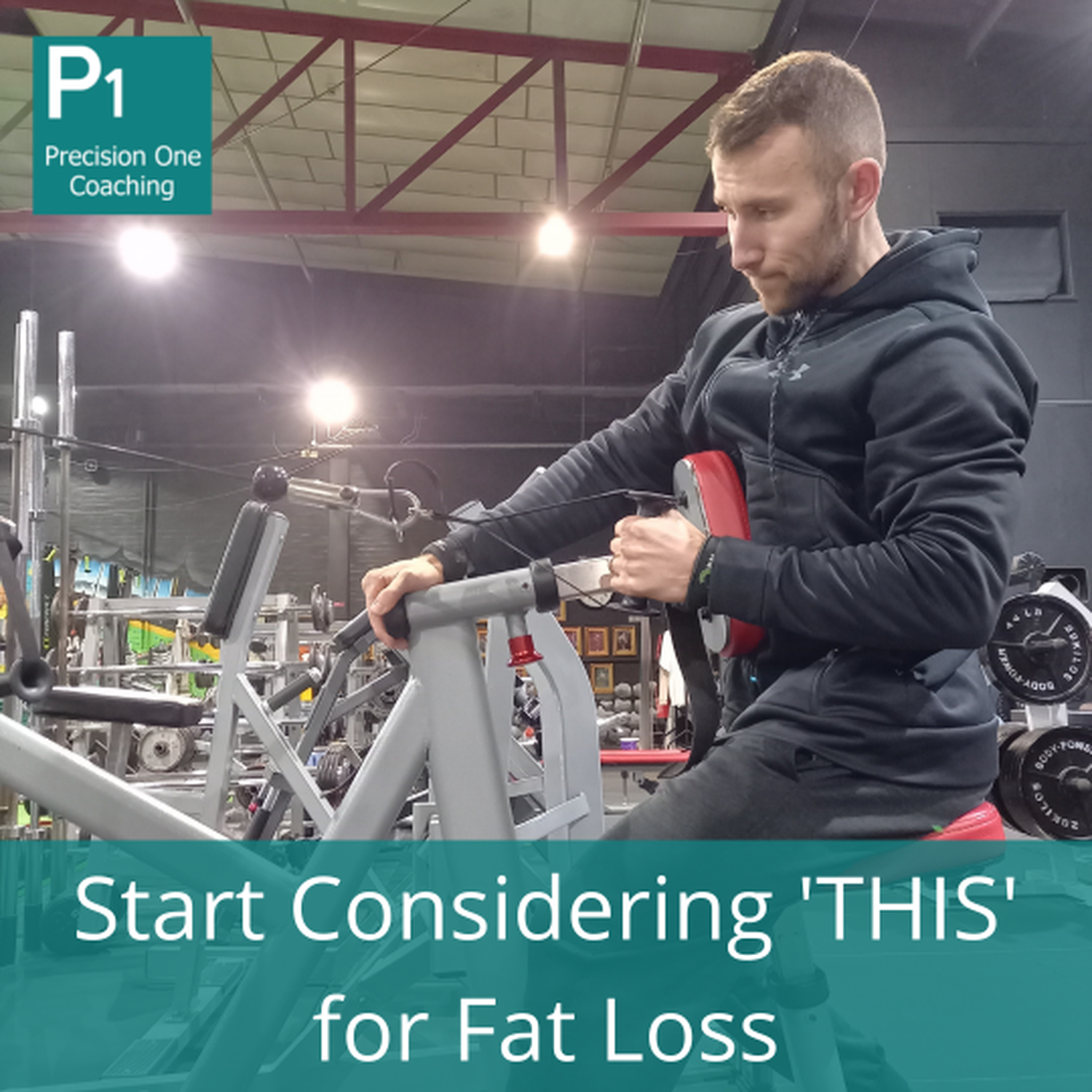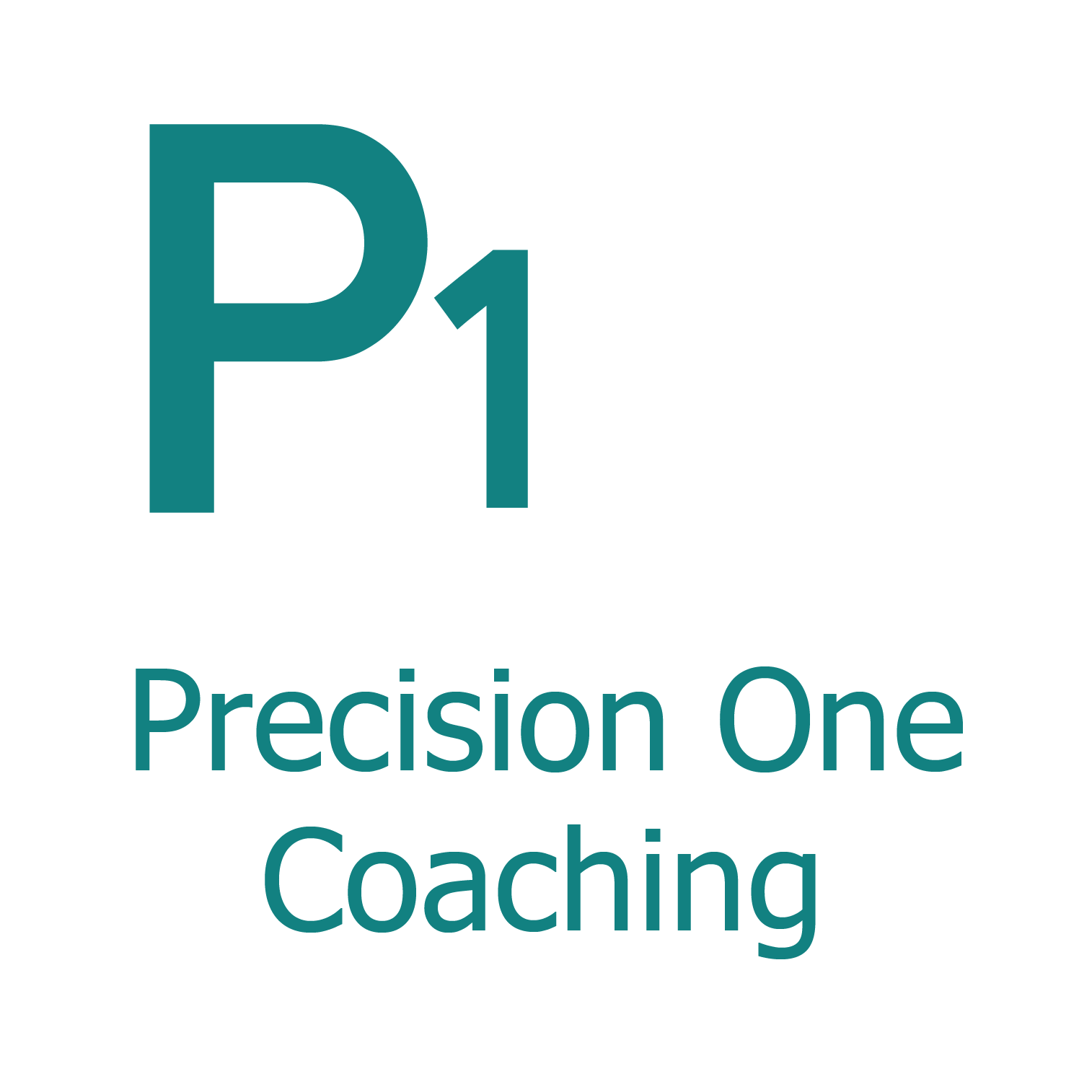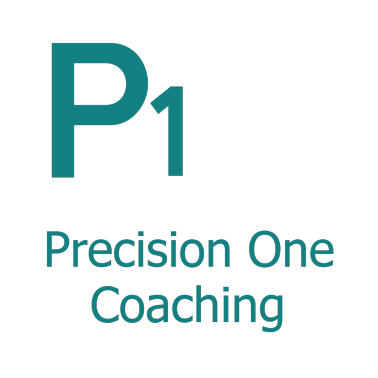What's The Most Important Thing That You're Missing When It Comes To Fat Loss?

NO, I’m not just talking about a calorie deficit.\r\n\r\nBut instead, I’m talking about choosing an approach that works for YOU!\r\nThis is what MATTERS.\r\n\r\nYes, you still want to consider HOW it helps you to achieve your goal.\r\n\r\nBUT once, you’ve done a bit of the maths and worked out your target ranges, the rest comes down to your ability to adhere and be consistent.\r\n\r\nNow when we talk about dieting approaches, specifically more towards fat loss, since we know it’s likely going to be more challenging to adhere to than a calorie surplus, we could be referring to…\r\n\r\n* The weekly structure\r\n* The daily structure & targets\r\n* The food breakdowns (high carb or lower carb)\r\n* The type of foods\r\n\r\n\r\n1. The weekly structure\r\nYour diet should reflect and coincide nicely with your lifestyle.\r\nIF it doesn’t, then it’s not fit for purpose and will be hard/almost impossible to sustain!\r\n\r\nFor instance, perhaps you love a nice meal out with your partner at the weekend? We shouldn’t immediately stop this from happening now that you’re choosing to diet for fat loss, but instead, why not plan to allow extra calories on this particular day so that you can enjoy a higher calorie meal weekly?\r\n\r\nThis might mean ‘borrowing’ calories from other days in your week?\r\n\r\nOr perhaps, you wouldn’t mind fasting on Monday because that then means you can eat more Tuesday through to Sunday?\r\n\r\nMaybe you would like to have a couple of ‘higher’ calorie days and 5 ‘lower’ calorie days?\r\n\r\nYour weekly structure should reflect the lifestyle you like to lead, and as long as your total weekly calorie budget is adhered to, you’re going to make progress!\r\n\r\n\r\n\r\n2. The daily structure & targets\r\nYou have a daily calorie goal that’s been broken down from your weekly calorie total.\r\nBrill, now think about your working day.\r\n\r\nWhen do you like to eat?\r\n\r\nWhen do you typically crave more foods/experience higher levels of hunger?\r\n\r\nIdentify when you would prefer to consume your food, and distribute your calories & allocate yourself ‘eating windows’ to make the process you’re in easier.\r\n\r\nFor instance, you might often hear, “Breakfast is the most important meal of the day.”\r\nMy question to you: Is it really? Where’s the evidence to support this?\r\n\r\nUnfortunately, there are many myths that mislead our thinking. Again, what matters most is your ability to adhere to your nutrition plan & for some, breakfast is a meal that they do not enjoy nor feel hungry for; by eating this meal, they are simply consuming calories that could have been saved for a later time that might have been better used and enjoyed more.\r\n\r\n\r\n3. The food breakdowns\r\nAgain, it doesn’t really matter too much (yes, a little more so for muscle building), BUT for most, setting a calorie goal is enough.\r\n\r\nHowever, for muscle retention & strength, it would be advisable to look at protein amounts also.\r\n\r\nTypically, when setting protein intake, this can vary from anywhere between 1.8-2.7g per kg of bodyweight per day! This would mean multiplying your bodyweight (kg) by a number between the range of 1.8-2.7 to determine the amount of protein you’d benefit from consuming in grams. This is not something to overthink: you can already see that the range is quite large and shows the margin of difference. Perhaps you’d prefer to position protein slightly lower so that you could increase your carbohydrate amount?\r\n\r\nAdditionally, the question is often asked about carbohydrates and fats, and whether there’s merit to go ‘high-carb’ or ‘high-fat’ for instance.\r\nInterestingly, there have been numerous studies around this subject that have tested whether certain diets are more or less effective in fat loss.\r\n\r\nThe result?\r\n\r\n“This [study] supports the practice of recommending any diet that a patient will adhere to in order to lose weight.”\r\n(Comparison of weight loss among named diet programs in overweight and obese adults: a meta-analysis\r\n\r\nJohnston et al, 2014)\r\n\r\nAdherence was found to be the most impactful element of a diet & there were no significant changes observed across multiple diets - similar results & conclusions can be found in many other studies too.\r\n\r\n\r\n4. The Type of Foods\r\nThe foods you choose should of course be foods that you like.\r\nAgain, there’s no ‘bad’ food BUT that being said, it would still be advisable to consume ‘single-ingredient foods’ as often as possible: simply meaning non-processed foods.\r\n\r\nIt’s important to not fall into the trap of claiming that all foods are equal when in fact, foods that are non-processed will provide more value in terms of micro nutrition (think vitamins and minerals) which will impact our body’s energy and function.\r\n\r\nTherefore, limiting processed foods is certainly advisable and to not simply see foods as ‘fitting the calorie budget’.\r\n\r\nWith this, I hope it’s given you plenty food for thought in devising your own nutrition outline for the future whether it be for fat loss specifically or any other goal.

